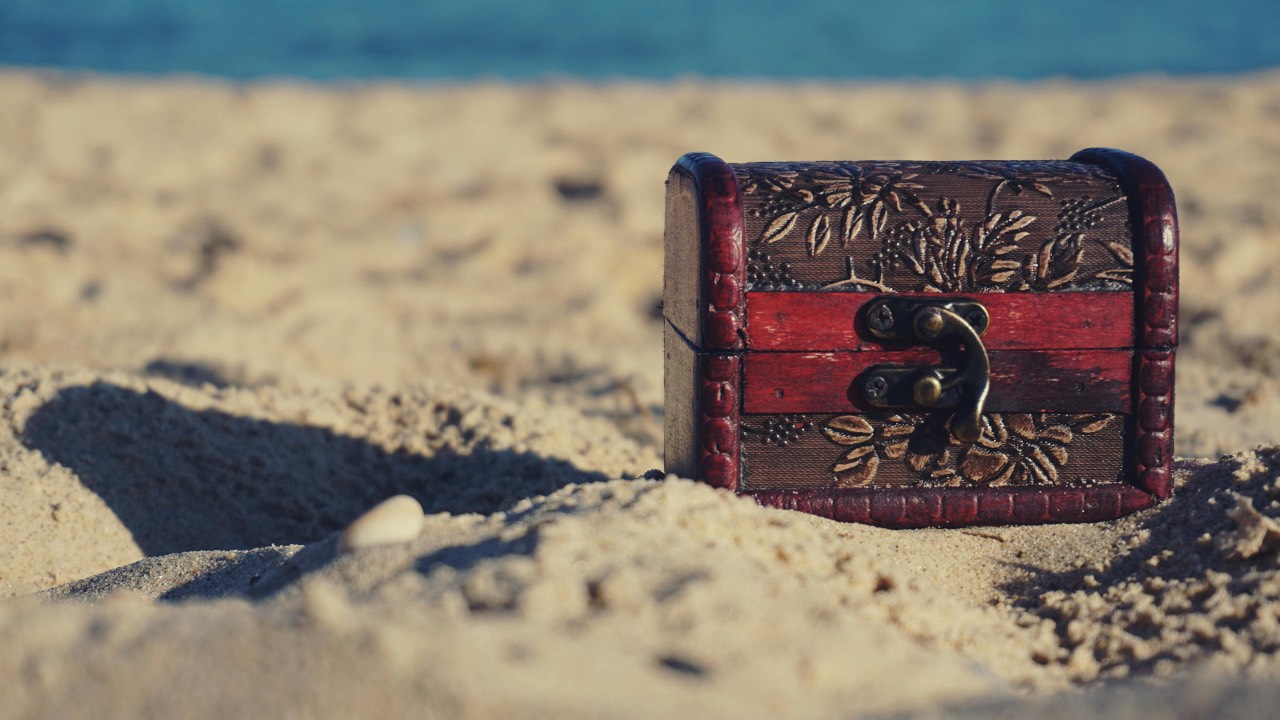Lost Retirement Treasure: How to Find the 401(k) You Forgot

Did you know there’s a chance you may have money waiting for you—and you don’t even know it? Every year, thousands of workers leave their jobs and inadvertently leave their 401(k) accounts behind. According to recent estimates, $2.1 trillion sits in forgotten workplace retirement accounts. That’s not pocket change. That’s money intended to help you honor God with excellent stewardship, provide for your household, and one day enjoy a retirement that allows you to continue pursuing kingdom impact.
But what happens to those old 401(k)s if you don’t keep up with them? In many cases, they find a new temporary home in something called a Safe Harbor IRA.
Let’s break down what that means, why it matters, and what you should do if you think you may have forgotten retirement savings out there somewhere.
What Is a Safe Harbor IRA?
A Safe Harbor IRA is an account created when a former employer moves your old 401(k) funds out of their plan because you are no longer with the company and your balance is below a certain amount (usually under $7,000). Rather than cutting you a check, which could result in taxes and penalties, the employer transfers the funds to an IRA custodial account in your name.
The goal is simple: protect your money. But here’s the challenge…
These accounts are often established with little communication, and they typically use conservative, low-growth investments. That means:
- Your money is safe, but probably not growing much.
- You may not even know the account exists.
- Fees could slowly eat away at your balance over time.
A Safe Harbor IRA is better than losing the money entirely, but it’s not where your retirement dollars should live long-term.
Why You Should Care About Old 401(k)s
When you leave a job, you may be focused on your next career step—not your retirement plan paperwork. I get it. Life moves fast. But if you don’t take action, your investments can get scattered and forgotten. Here’s why that’s a problem:
Lost stewardship. This money was entrusted to you by God. Tracking it, growing it, and using it wisely honors Him.
Missed growth opportunities. Retirement money should continue working for you. A forgotten account often sits stagnant.
Possible fees. Some Safe Harbor IRAs and orphaned accounts include custodial or maintenance fees that drain your savings.
Harder to manage your full financial picture. Good planning becomes more difficult when your investments are spread across multiple places.
Every dollar matters, especially when those dollars compound over decades.
How to Find Out If You Have Forgotten Retirement Money
If you’ve changed jobs in the past (and who hasn’t?), it’s worth checking. Here’s where to look:
- Contact past employers. Reach out to HR and ask if you contributed to a 401(k) and where the funds are now.
- Search the National Registry of Unclaimed Retirement Benefits. This free tool allows you to enter your Social Security number and see if an employer has listed an account for you.
- Check the Department of Labor’s Abandoned Plan Database. Some plans are terminated and moved. This can help you follow the trail.
- Review old financial statements and emails. Look for notices from plan custodians like Fidelity, Vanguard, Empower, or Principal.
It may take a little digging, but the reward could be well worth it.
What to Do If You Find an Old 401(k) or Safe Harbor IRA
Once located, you have a few options:
- Roll it into your current employer’s 401(k). This keeps everything together and simplifies management.
- Roll it into a personal IRA. This can give you more investment flexibility and control.
- Leave it where it is. If the fees are low and the investments are solid, this might be acceptable, though it’s rarely ideal.
Whatever you do, avoid cashing it out unless absolutely necessary. You’ll likely owe taxes and possibly early withdrawal penalties.
Take Action Today
God has entrusted resources to your care—even the ones you’ve forgotten about.
So here’s your practical next step: Make a list of every employer you’ve had, and start tracking down any missing retirement money.
You may uncover a financial blessing you didn’t realize you still had.
And that’s good stewardship.

